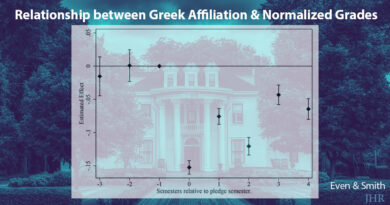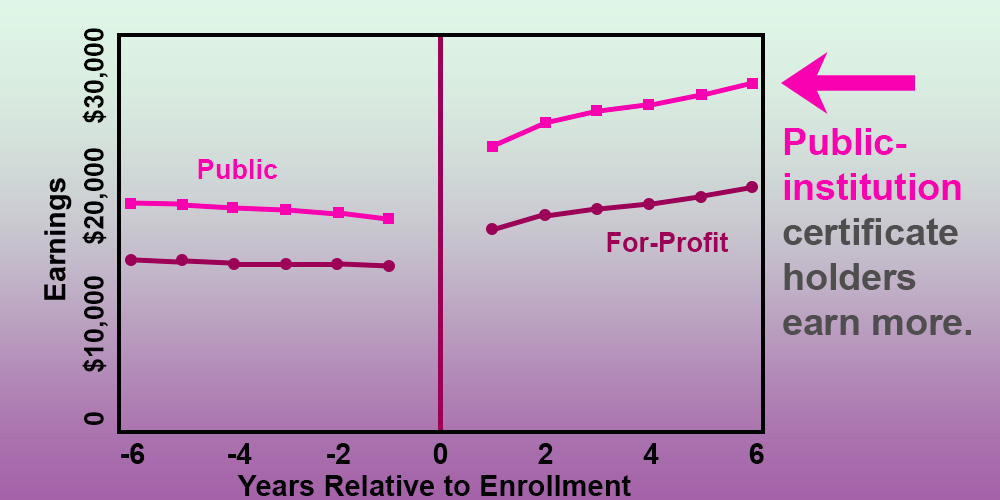Having More Siblings Reduces Education Attainment, but Not by Much
Two trends are often observed as a country develops: a decline in family size and a rise in education attainment. Are they related? In particular, could the fall in family size be one reason for the increase in education levels? Hui Ren Tan (Boston University) considered this question within the context of the 19th and early 20th century United States.
What makes this study feasible is that some families have twins while others do not. The occurrence of twin births may be thought of as an unexpected event that increases the size of a household. Families that are larger because of a twin birth were compared with smaller families that did not experience such an event.
Tan found that children from larger families are less likely to attend school when they are young. Beyond this short-term effect, there are also some long-term implications: individuals raised in larger families tend to accumulate fewer years of schooling by the time they are adults.
However, both the short- and long-term impacts of family size are quantitatively small. This suggests that much of the rise in education observed as the United States developed during the 19th and 20th centuries was due to factors other than the decline in family size.
Read the full study in The Journal of Human Resources: “More is Less? The Impact of Family Size on Education Outcomes in the United States, 1850–1940,” by Hui Ren Tan.
***
Hui Ren Tan is a Ph.D. candidate in Economics at Boston University.



